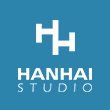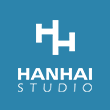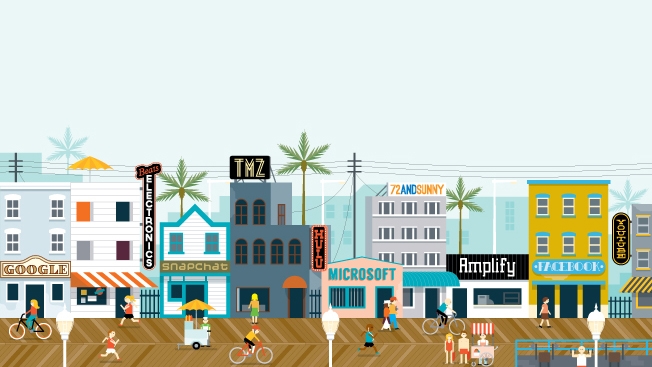You know about Silicon Valley up near San Francisco, but what’s Silicon Beach?
It’s largely the coastal strip on the Westside of L.A., spanning just north of the airport into Venice, Santa Monica and the mountains beyond. However, it could be attributed to just about anywhere in the Los Angeles basin. It’s home to more than 500 startups, proliferating like mushrooms. Big-time companies also have offices here, such as Microsoft, Facebook, YouTube, Google, Hulu, Yahoo and a host of others. It’s considered by many to be the next-hottest technology hub on Earth.
In addition, incubators and accelerators like Amplify.LA, Idealab, Mucker, Launchpad LA, TYLT, and LA CleanTech are located here. It’s a tech community composed of entrepreneurs, developers, investors, designers, surfers, engineers and a multitude of other types and geeks. According to the L.A. County Economic Development Corp., L.A. has more high-tech jobs now than Boston, Cambridge, Santa Clara, and New York City combined. And that’s mostly because of the dynamic growth of Silicon Beach.
So into the fray steps a titanic Asian competitor. JD.com, with backing from Tencent, Walmart and others, is getting ready to expand into the U.S., with—as Bloomberg Technology puts it—“a beachhead in Los Angeles.” Founder and CEO Richard Liu recently attended the World Economic Forum in Davos, where he told Bloomberg, “JD’s rule is that once we decide to do something, we never limit the money.”
His $68B company, formerly known as Jingdong, is the world’s third-biggest online retailer, in terms of revenue and inventory. Headquartered in Beijing with subsidiaries in Shanghai and Guangzhou, the organization is a global leader in hi-tech A.I. delivery through drones and robots.
It has an enormously potent infrastructure and vigorous capacity, so its Silicon Beach landing, sometime in the second half of this year, should be splashy.



